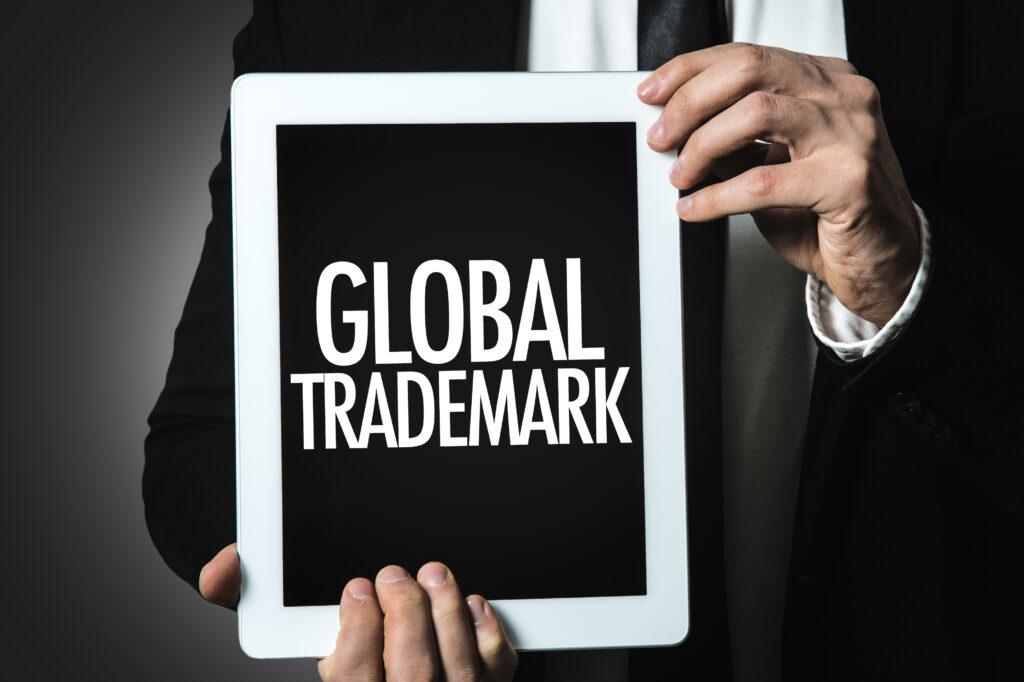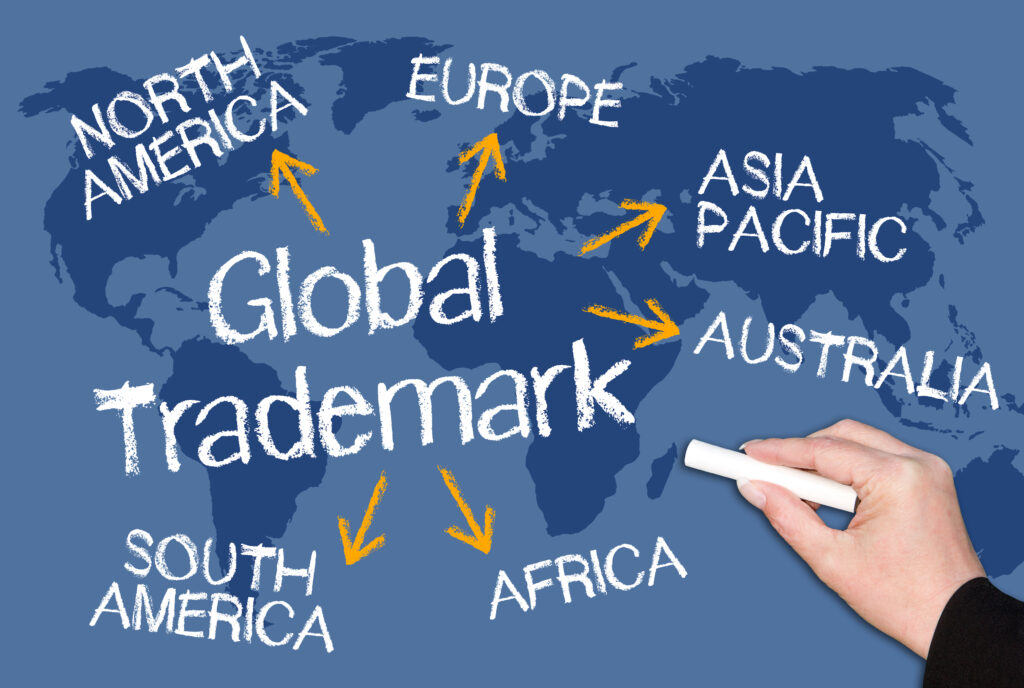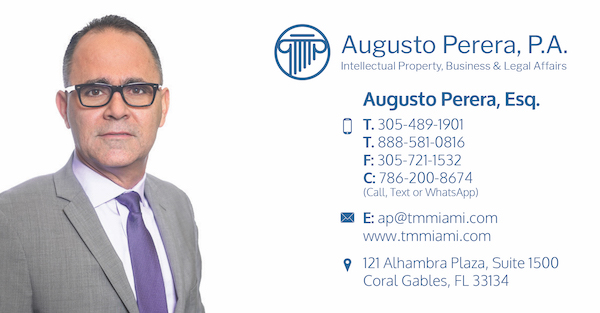Short answer is no.
Intellectual property rights, such as those in trademarks, are territorial, meaning that protection of your trademark is granted in those jurisdictions where the mark is registered.
 However, there are international treaties that allows owners of registered trademarks to expand protection of their nationally registered trademarks to another countries.
However, there are international treaties that allows owners of registered trademarks to expand protection of their nationally registered trademarks to another countries.
The Madrid Protocol allows US applicants to extend protection of their US applications/registrations to member countries.
The Madrid Union currently has 108 members, covering 124 countries. These members represent more than 80% of world trade, with potential for expansion as membership grows.
To qualify under the System the Applicant must have:
- A) A real and effective industrial or commercial establishment in a contracting party;
- B) Is domiciled in a contracting party;
- C) Is a national of a contracting state; or
- D) Is a national of a state member of a contracting organization.
This agreement has the following advantages:
- Less costly: Instead of applying in each country directly, having to hire local attorneys in each jurisdiction, the application goes through a central authority in Geneva to each Country Trademark Office directly.
- No need to hire local attorneys, saving time and money. However, if during the prosecution of the application an Office Action or Refusal is issued by the local Trademark Office, then the hiring of a local attorney will be required to handle the response.
- Less paperwork, no legalization or notarization of any document is required.
- Fast, the process takes approximately 3 months at the International level. Once the International Authority approves the International Registration, the application is sent to each individual country where they are given twelve months to accept or refuse it.
- Simplified renewals, assignments and recordals, all done centrally.
Like everything in life, it also has some disadvantages:
- If the US application is refused or denied, the Madrid Protocol Application will be refused too.
- Doctrine of Central Attack, means that during the first five years of registration, the international registration is completely dependent on the US filing. Meaning that if the US mark is abandoned, cancelled, or invalidated the international registration is automatically cancelled. However, after the initial five-year period, the international registration stands independent and is not dependent on the US filing.
- With the exception of Cuba, Mexico, Colombia, and Brazil most of the Latin-American countries do not belong to this Protocol. Thus, if you desire to expand trademark protection to Peru or Chile, an individually application country by country will be required.
I have helped countless small to medium businesses protecting their brands internationally. I’d like to help you too by helping you expand protection of your trademarks rights overseas before a competitor does.


